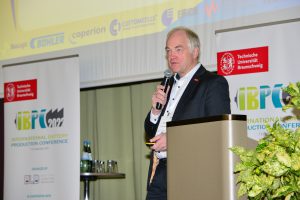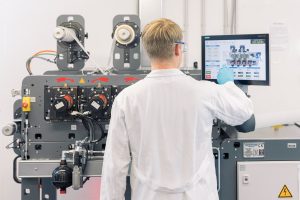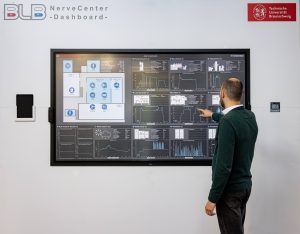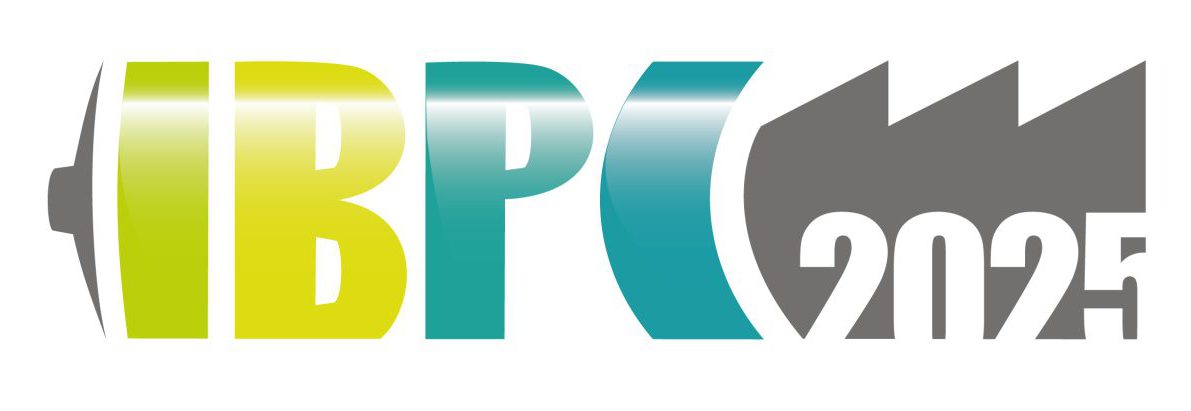Discover the Future of Battery Cell Production at IBPC2025 (Friday, 07.11.2025)!
This year, we’re offering two complementary course formats designed to suit different experience levels.
1. Introductory Course: Fundamentals of Battery Cell Production and Sustainability
The Introductory Course offers a comprehensive overview of the entire battery cell value chain – from materials and manufacturing processes to sustainability and regulatory frameworks such as the battery passport. This course is ideal for newcomers or those looking to refresh their foundational knowledge.
Key topics include:
- Battery cell materials and their characteristics
- Production steps from mixing to cell finishing
- Introduction to sustainability and circular economy
- Battery passport requirements and data management
2. Expert Course: Advanced Electrode Manufacturing, Solid-State Batteries, and Digitalization
Tailored for participants with prior knowledge, the Expert Course dives deep into cutting-edge topics in battery cell production. The focus is on innovative electrode manufacturing methods, solid-state battery production, advanced quality assurance, digitalization, and battery recycling.
Key topics:
- Inline measurement technologies and sensor-based quality control
- Automation innovations in cell assembly, such as robotic z-folding
- Integration of grippers, transport systems, cameras, and sensors for stable, repeatable processes
- Digital tools for tracking, tracing, and data mining
- Strategies to reduce scrap and resource consumption
- Quality assurance and recycling for a sustainable battery lifecycle
Both courses offer in-depth knowledge, current research insights, and practical solutions – ideal for professionals from industry, research, and development.
Course Fees (net):
- Industry: €300
- Academia: €250




